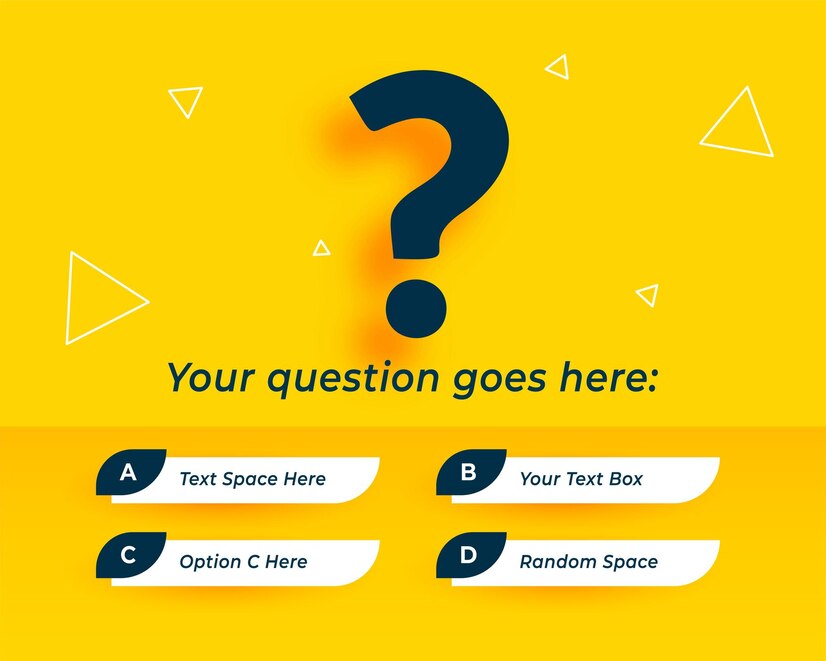MCQ Full Form: Multiple Choice Question

MCQ Full Form and Its Role in Assessing Learning
In the realm of education and assessments, acronyms often symbolize integral tools that shape the way we gauge knowledge and understanding. The acronym MCQ, a cornerstone of testing and evaluation, represents a methodology that challenges learners to apply critical thinking. The full form of MCQ is “Multiple Choice Question.” In this article, we will delve into the MCQ full form, explore its significance in the world of education, and understand how it shapes the assessment landscape to promote effective learning.
Deciphering the Full Form: Multiple Choice Question
The acronym MCQ stands for “Multiple Choice Question.” MCQs are a form of assessment where test-takers are presented with a question and multiple options, and they must choose the correct answer from the given choices.
The Role of MCQs in Assessing Learning
In the dynamic realm of education, MCQs play a pivotal role in evaluating students’ comprehension and analytical skills:
- Diverse Subjects: MCQs are utilized across a wide range of subjects, from mathematics and science to humanities and languages.
- Objective Evaluation: MCQs offer an objective method of assessment, reducing the potential for subjective bias in grading.
Key Aspects of Multiple Choice Questions
- Options: MCQs present learners with a set of options, requiring them to carefully analyze each choice to determine the correct answer.
- Critical Thinking: MCQs encourage critical thinking as students must evaluate the provided options based on their knowledge and reasoning.
Impact of MCQs on Education
- Assessment Precision: MCQs provide a structured format that allows educators to assess specific learning outcomes with accuracy.
- Feedback and Improvement: MCQ-based assessments offer valuable feedback to learners, helping them identify areas of strength and areas that need improvement.
Challenges and Rewards
- Challenges: Designing effective MCQs that challenge learners, avoiding ambiguities in options, and ensuring that questions align with learning objectives.
- Rewards: MCQs streamline the assessment process, provide standardized evaluation, and help educators track students’ progress over time.
Future Trends in MCQ-based Assessments
- Technology Integration: Future trends may involve the integration of technology to create interactive and adaptive MCQ assessments.
- Higher-Order Thinking: MCQs may evolve to assess higher-order thinking skills, requiring students to analyze, synthesize, and evaluate information.
Conclusion
The MCQ full form – Multiple Choice Question – embodies an assessment methodology that engages learners in critical thinking and decision-making. From classrooms to competitive exams, MCQs provide educators with a versatile tool for evaluating knowledge and skills. As education transforms with the advancement of technology and evolving learning paradigms, the legacy of MCQs lies in their ability to adapt, ensuring that they remain a relevant and effective means of assessing learning outcomes. They stand as a testament to the power of structured questioning in guiding learners towards a path of discovery and understanding, shaping the journey of knowledge acquisition for generations to come.